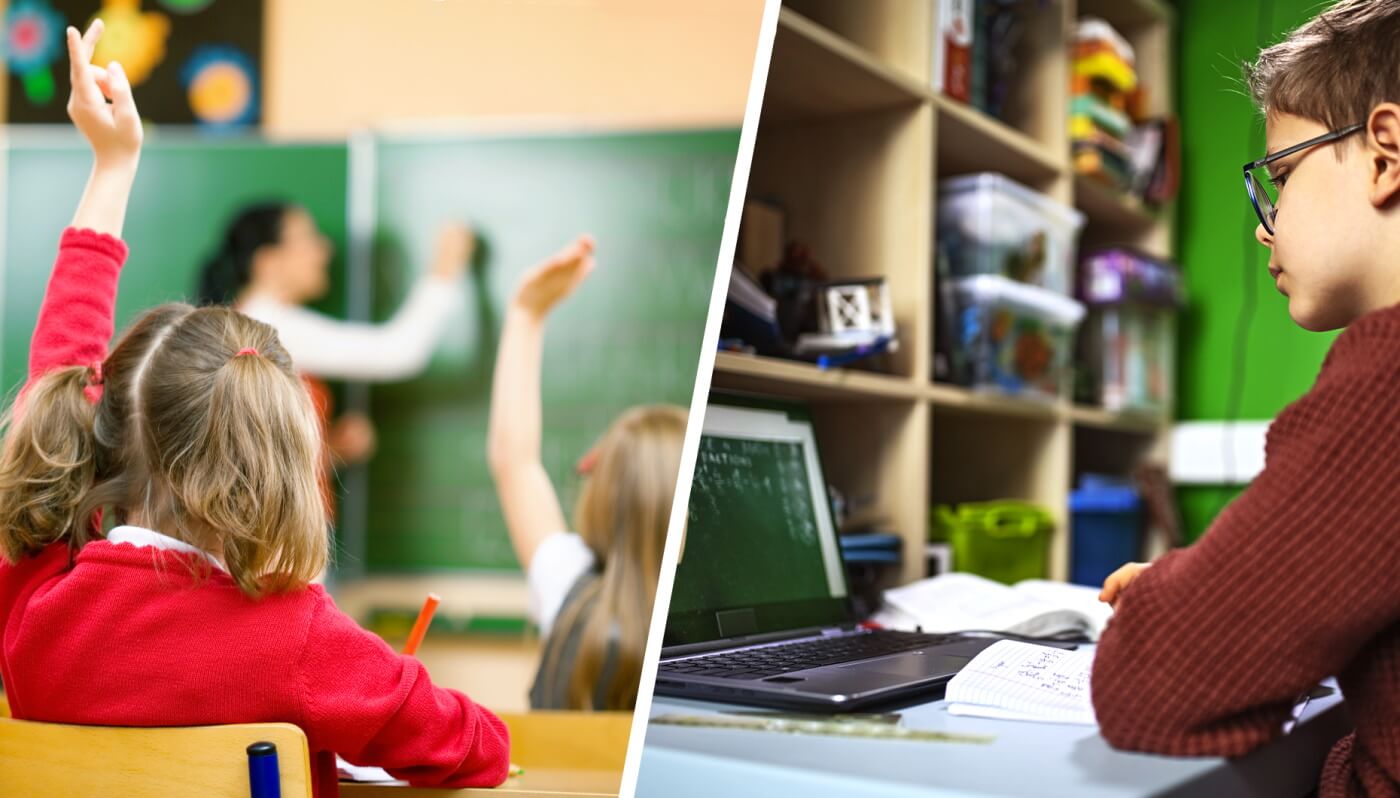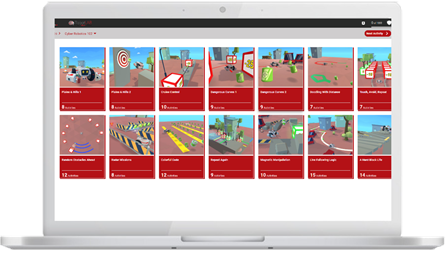With a global health crisis going on, it is only natural to be focused on the present, but as the world begins to feel the beneficial effects of the emergency measures against COVID-19, it is time to look to the future.
What will we have learnt from the pandemic when all is said and done? Will school ever be the same again now that this prolonged period of forced closure has pushed educators all around the world towards a more extensive use of technology to grant their students continuity in the face of adverse circumstances?

By Acer Education
This is where blended learning comes in. A hybrid of in-person lessons and distance learning, blended learning is one of the many proposed models for the future of the technology-assisted classroom: let’s have a closer look at its definition and examine why COVID-19 may be the key factor that pushes this model forward in schools worldwide.
Find your unique blend
It is impossible to find a single definition of blended learning: there are as many ways to blend face-to-face classroom time and online lessons as there are students. It is blended learning to reduce physical attendance in favour of video conferencing so as to create smaller groups that allow for appropriate social distancing; but it is also blended learning to go back to frontal lessons as the prevalent mode of teaching, with technology supporting the learning process more than ever.
That is what makes blended learning a viable model for the future of education: the in-person and online components can be combined in any proportion, with neither being inferior or superior to the other when it comes to grading or evaluating classroom participation, and each student can find a unique blend of the two that suits their own personal learning style best and adapts to their family situation and level of access to technology.
If there is one thing that the sudden, forced switch to remote learning has shown, in fact, it is that not all households are equally prepared to move on to distance learning: with a personal device and a stable Internet connection as necessary requirements not to fall behind, the digital divide between those who can meet the new basic needs of the contemporary world and those who cannot is wider than ever, and physical attendance is still the only option for minors living in two-income households who view school not only as a place of learning, but also as a safe space that provides adult supervision while both parents are working. Given this mixed situation, personalised blended learning that takes these factors into account is the ideal compromise for a post-pandemic society.
The world is your classroom
It is important to note that with blended learning, the content of education changes as much as the mode of communication through which it is conveyed. With mobile devices that can quite literally let you carry your classroom in your pocket and the vastness of the Internet as an alternative to textbooks, blended learning teaches students three key lessons:
-
It is impossible to memorise all of the available human knowledge, so education is no longer about memorising facts and answering test questions, but about applying knowledge to real-life situations and knowing where to find reliable information.
-
The teacher may not have all the answers: teachers in a blended learning environment are there to provide guidance and support, act as discussion moderators, and give direction and feedback to student projects, but are no longer the only source of knowledge in a typical top-down structure.
-
School is not the only place where you can learn, nor will you stop learning once you have graduated: educating yourself is a continuous process that follows you everywhere.
That is why blended learning is the ideal way to prepare students for a world where knowledge is not a fixed set of facts you can easily divide into self-contained subjects, but a constantly increasing, self-updating, interconnected whole that requires a high degree of independence, flexibility, and willingness to learn and improve well beyond one’s school years, as well as the IT skills that modern life is making as necessary as basic literacy in order to be a productive member of society.
Keep learning during COVID-19 with RobotLAB and CoderZ!

CoderZ is an online educational environment that improves students 21st century skills, while they are having fun programming their own virtual cyber robot. CoderZ and RobotLAB has different lessons to do at home! Check them out Here

